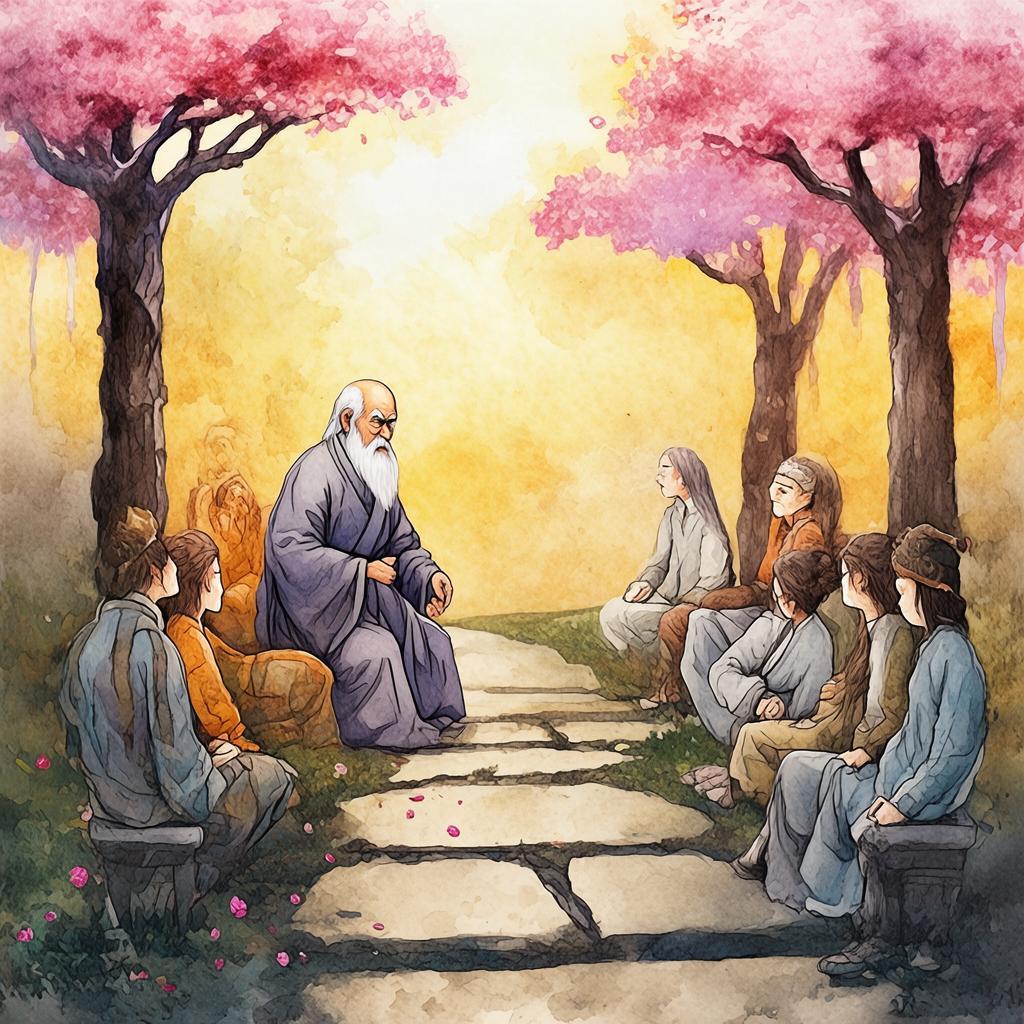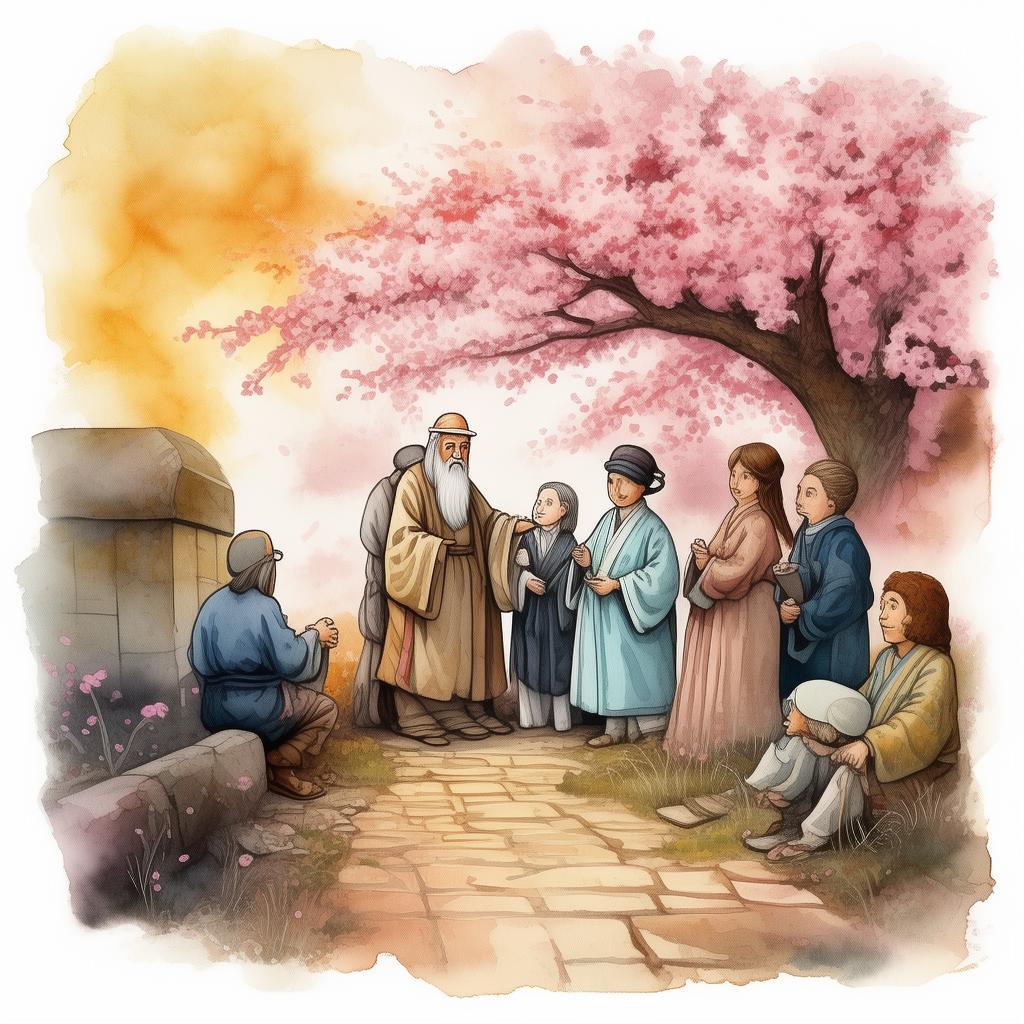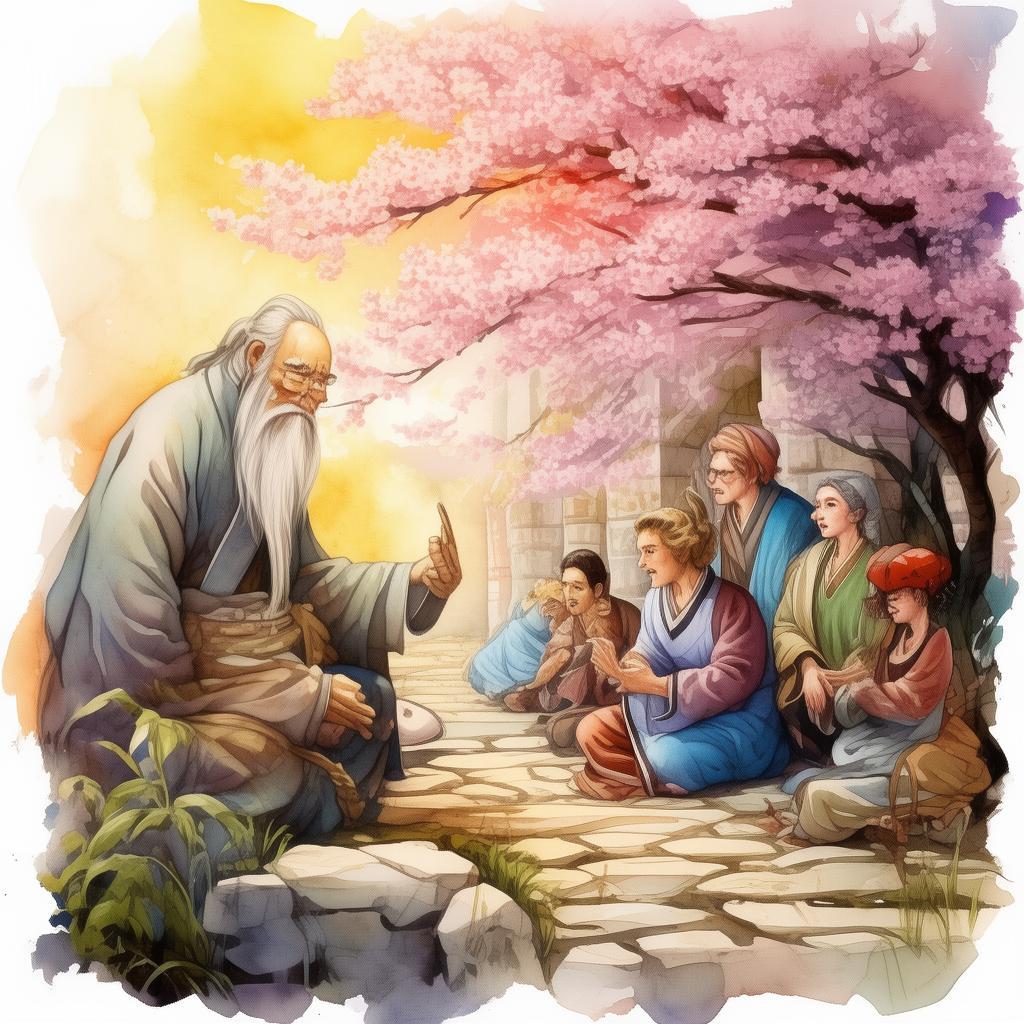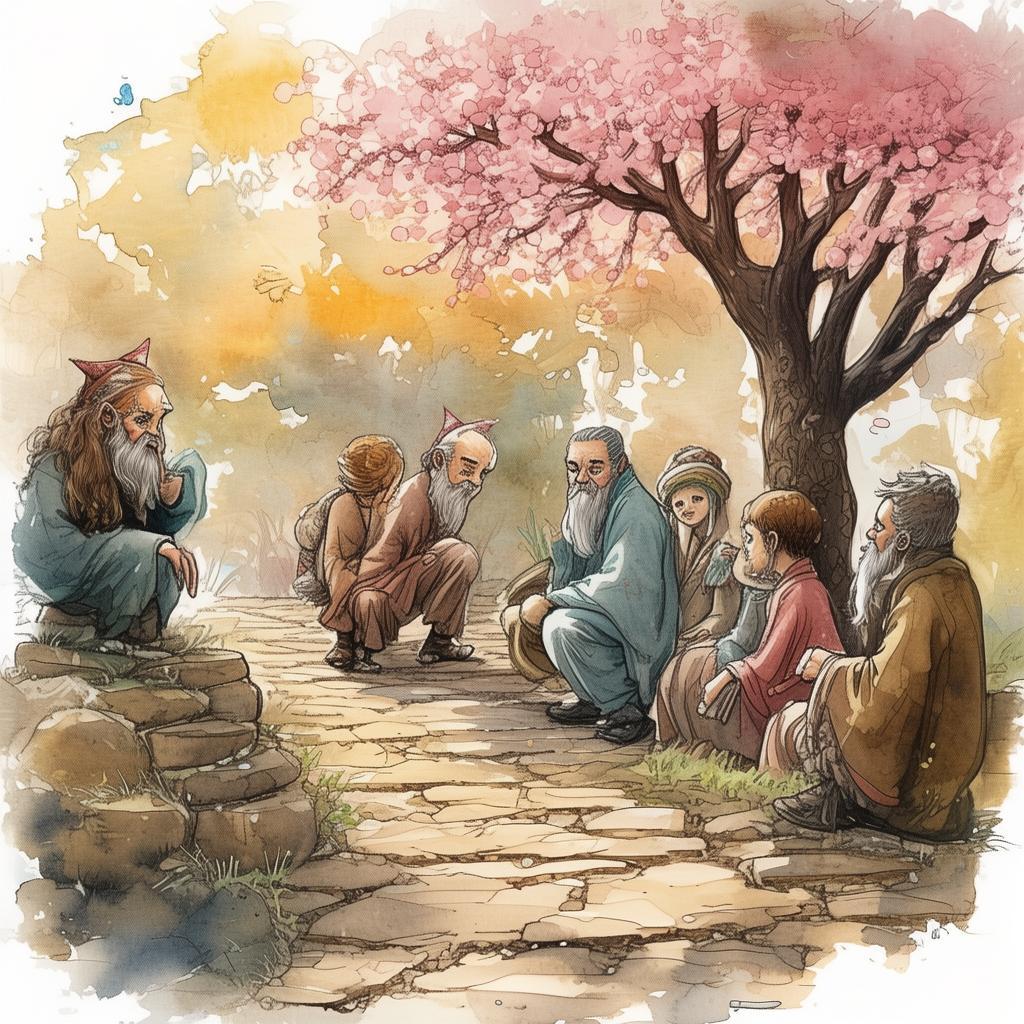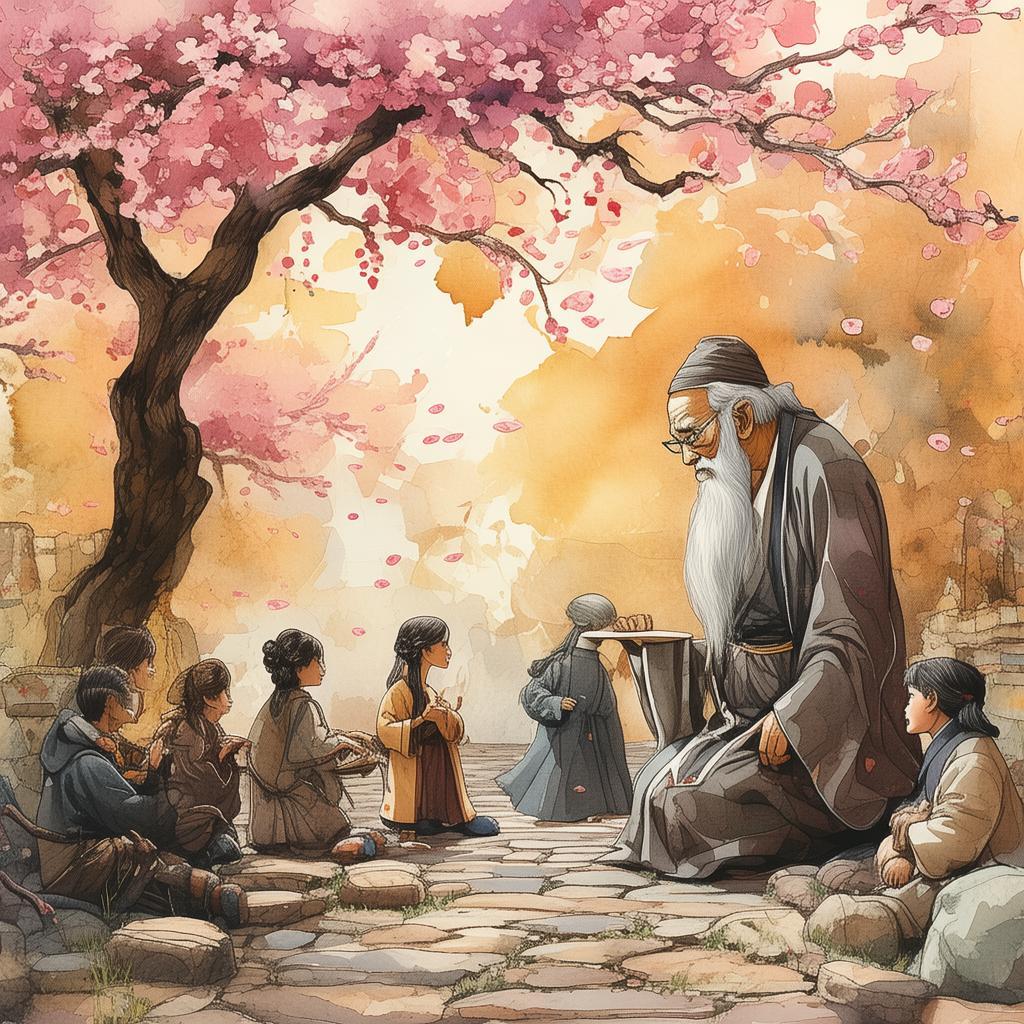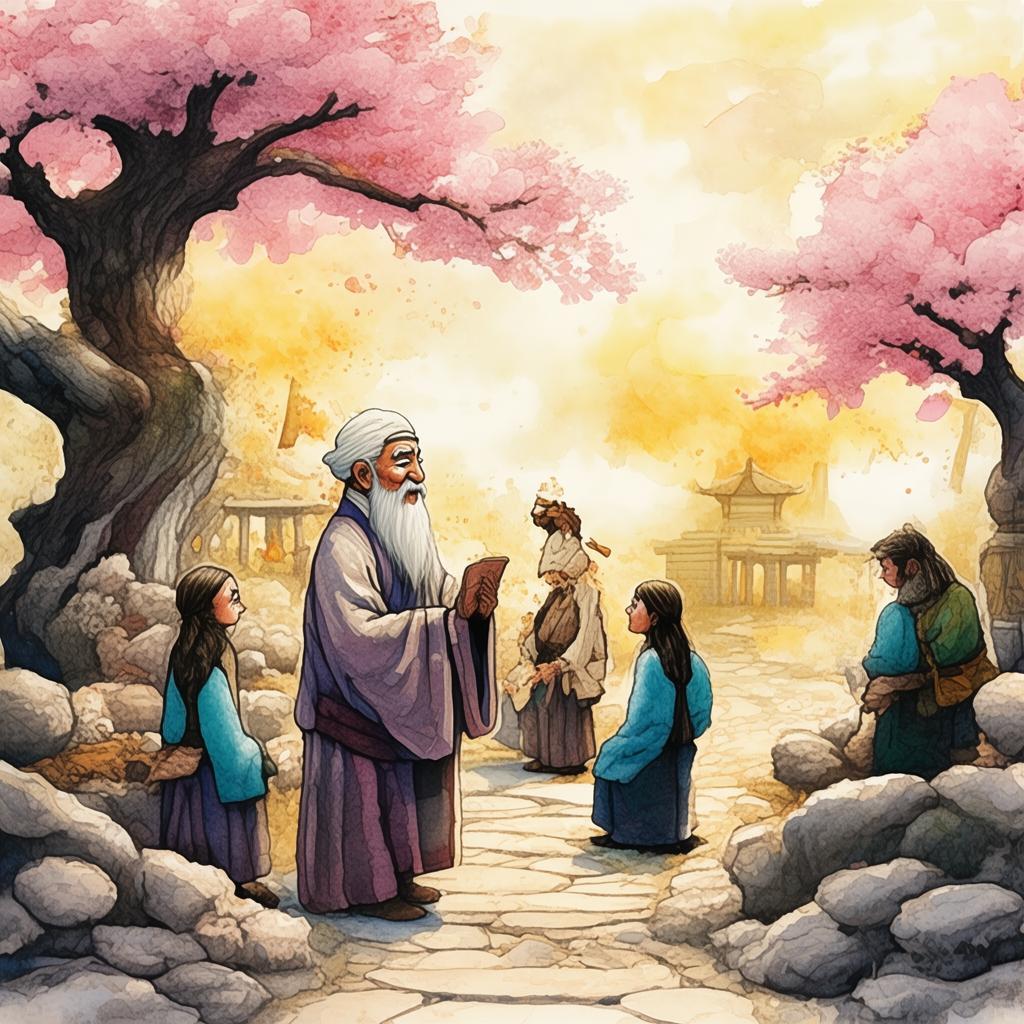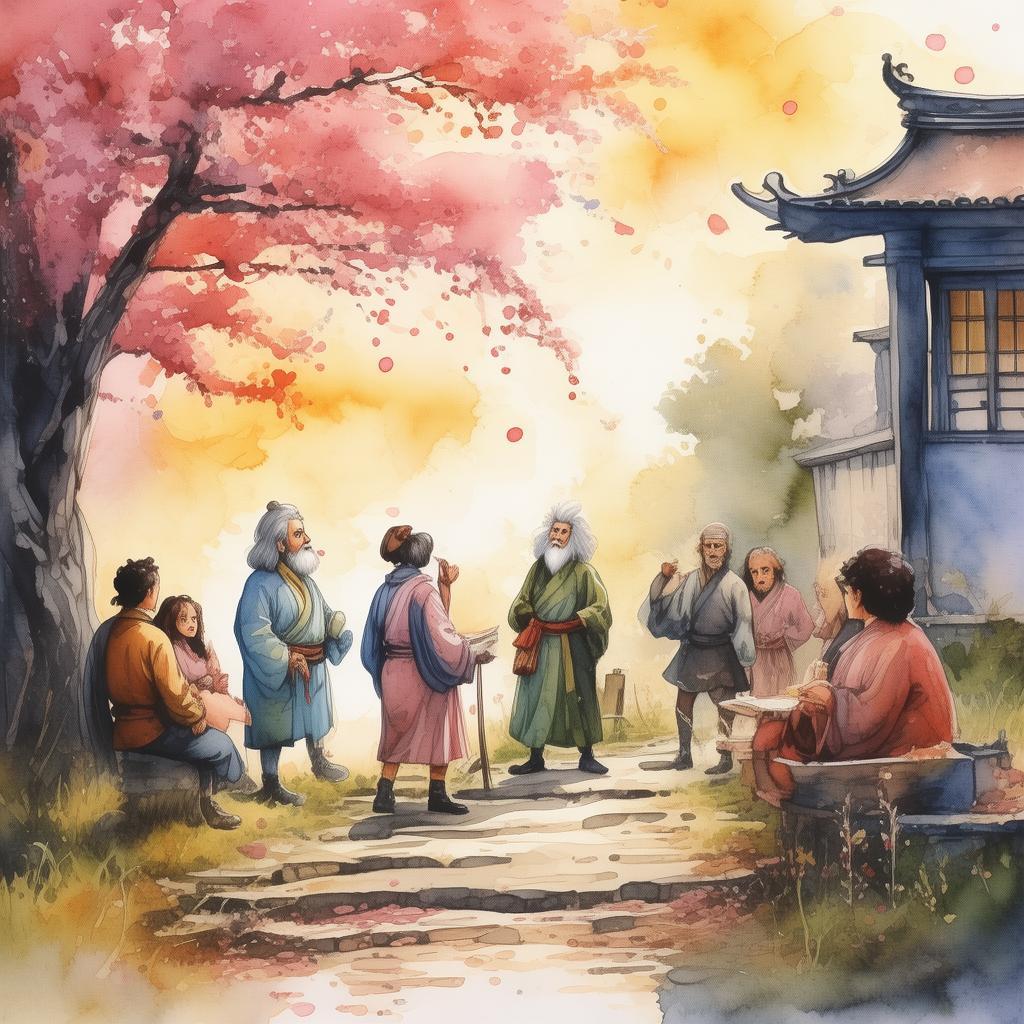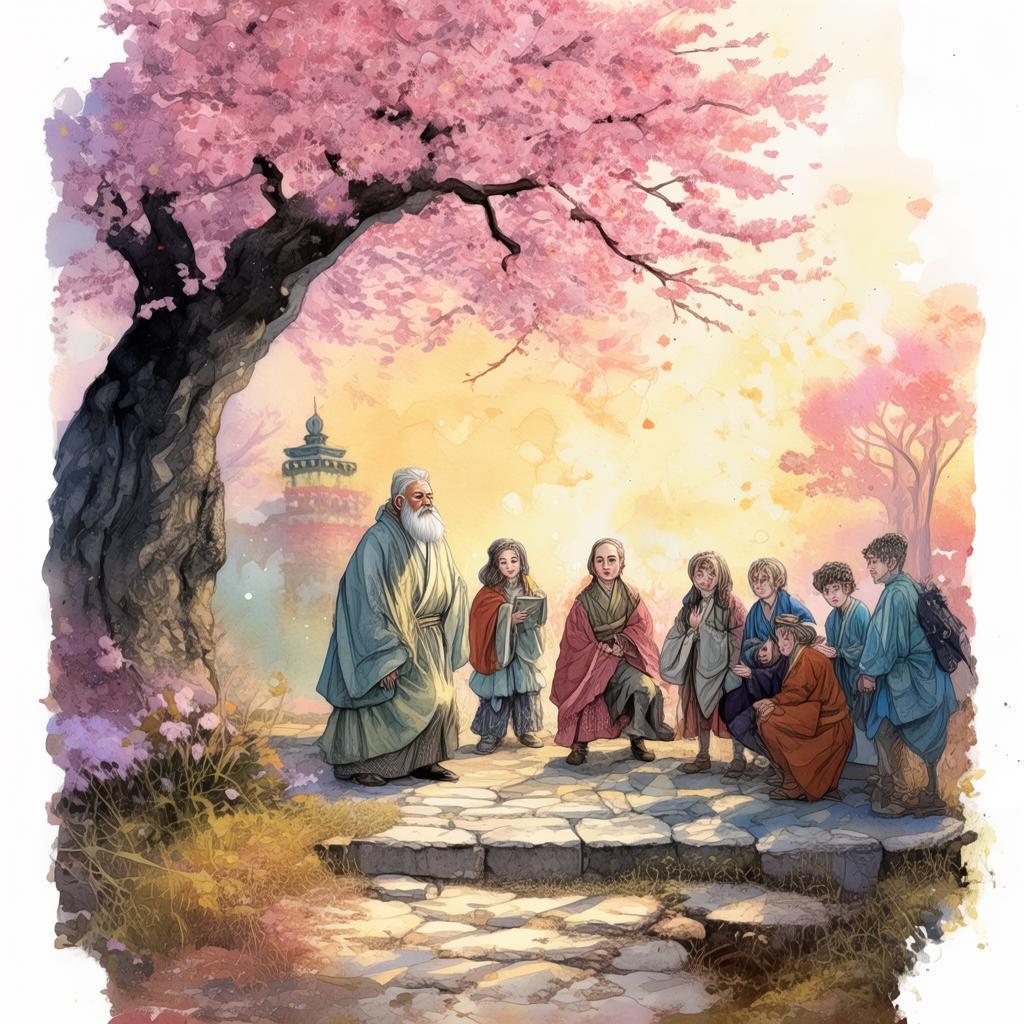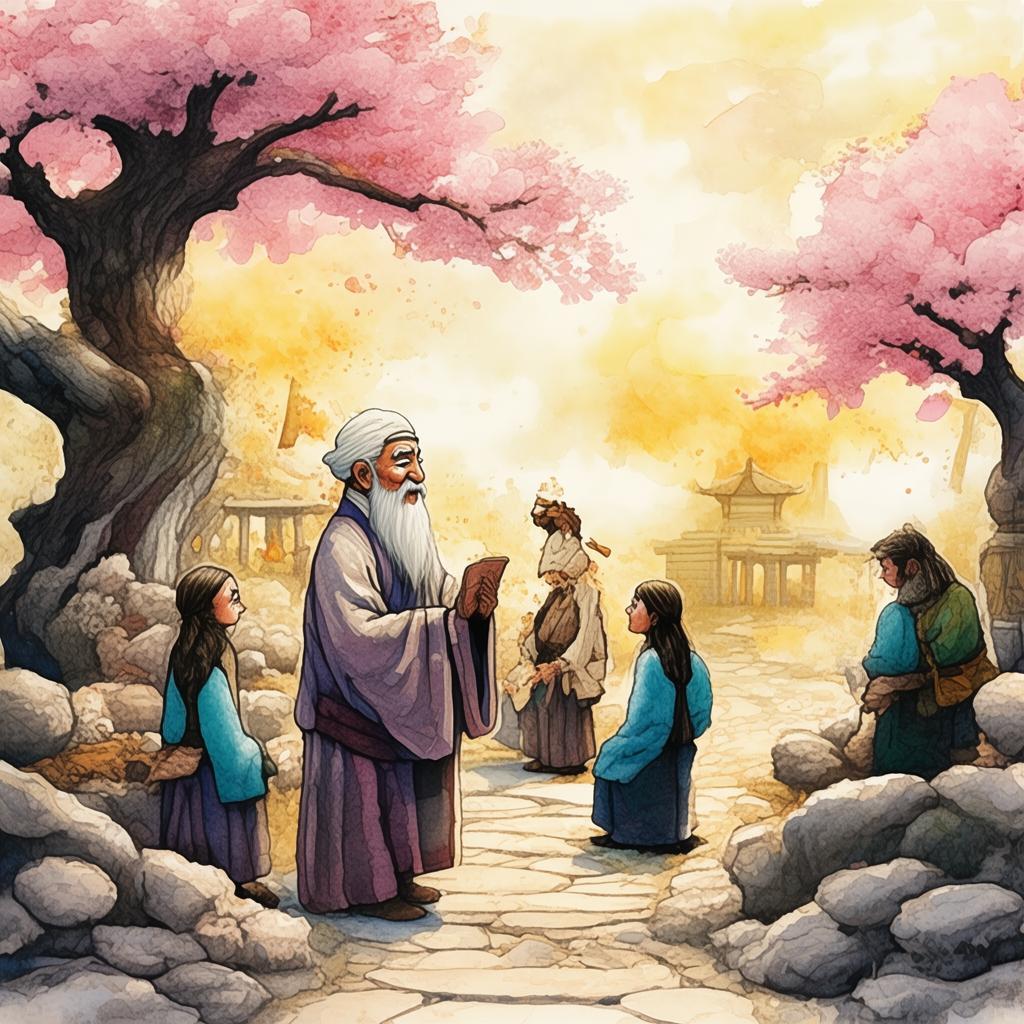The Bard's Lament: The Pen That Wrote the Hero's Tale
In the heart of medieval England, amidst the tapestry of tales spun by the oral tradition, there lived a bard named Rowan. Rowan was known not only for his mastery of the harp but for his gift of crafting lighthearted limericks that would captivate audiences with their wit and whimsy. His most famous limerick, "The Bard Who Wrote the Hero's Light-hearted Tale," had become a staple in the courts and taverns alike.
Yet, behind the laughter and applause, Rowan's heart bore the weight of a dark secret. His tale of the hero's triumph was a stark contrast to the trials and tribulations he faced in his own life.
Once, in the days of yore, when knights in shining armor were a common sight and dragons roamed the land, there was a young hero named Sir Cedric. Sir Cedric was not of noble birth, but his valor and courage were beyond question. Rowan, a simple minstrel, was in awe of the young knight's bravery. They became fast friends, and it was during these days that Rowan began to craft the story of Sir Cedric's heroic exploits.
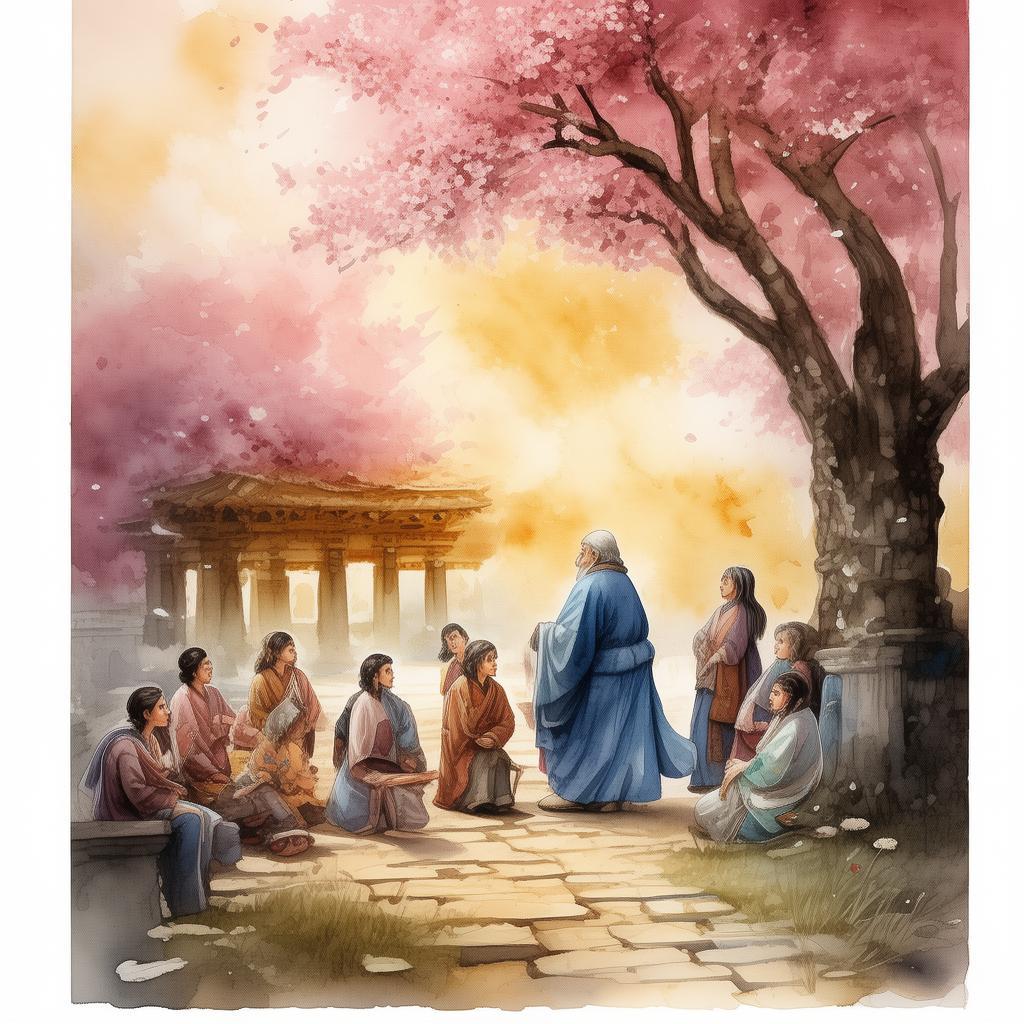
As the tale grew, so did Rowan's reputation. He was hailed as a master of the word, a bard of light-hearted tales. But beneath the applause, Rowan's own life was fraught with shadows. He was the son of a humble farmer and a baker's daughter, and the world he lived in was one of hardship and strife.
One fateful day, Sir Cedric was called upon to defend his kingdom against a fearsome dragon. Rowan, unable to fight, watched from afar as the knight took on the beast. The battle was fierce, and the outcome uncertain. In the end, Sir Cedric emerged victorious, but at a great cost. The dragon's fiery breath had taken its toll, and Sir Cedric was gravely injured.
Rowan rushed to the knight's side, his heart heavy with worry. As he tended to Sir Cedric's wounds, he realized that the hero's tale he had been crafting was no longer just a story—it was a reflection of his own life. The light-hearted verses were a mask for the pain he felt in his own existence.
The Bard's Lament begins with Rowan's emotional turmoil. He finds himself struggling to balance the joy he takes in creating light-hearted limericks with the darkness he carries within. He wonders if the world can truly appreciate the light-hearted tales if it remains oblivious to the heavy burdens of the bards themselves.
As the story unfolds, Rowan's conflict deepens. He begins to question the nature of heroism and the role of the artist in society. Is it possible to create light-hearted tales while living in darkness? Or must the artist's own story be one of sorrow and struggle to truly understand the human condition?
The bard's journey takes an unexpected turn when he is approached by a mysterious figure who offers him a proposition. The figure tells Rowan that he can ease his pain by becoming a hero in his own right, a knight of light and laughter. But at what cost? The proposition comes with a dark secret, one that Rowan must confront if he is to find peace within himself.
Rowan's internal conflict is heightened as he delves deeper into the mystery. He must choose between the life he knows and the life he could have. He must decide whether to continue writing lighthearted tales or to embrace a new path, one that could lead to his own destruction.
The climax of the story arrives when Rowan makes his decision. He chooses to become the knight of light, to take on the burden of the world's sorrow, and to become a hero in his own right. The twist comes when he discovers that the mysterious figure is none other than Sir Cedric himself, who has returned to aid his friend.
The ending of the tale is bittersweet. Rowan, now the knight of light, begins to write a new kind of limerick—one that acknowledges both the joy and the sorrow of life. His limericks now carry the weight of his own experiences, and the audience responds with a new depth of understanding.
In the end, The Bard's Lament is a story about the struggle between light and darkness, joy and sorrow, and the power of the artist to reflect the human condition. It is a tale that resonates with the universal themes of heroism, sacrifice, and the eternal quest for understanding.
✨ Original Statement ✨
All articles published on this website (including but not limited to text, images, videos, and other content) are original or authorized for reposting and are protected by relevant laws. Without the explicit written permission of this website, no individual or organization may copy, modify, repost, or use the content for commercial purposes.
If you need to quote or cooperate, please contact this site for authorization. We reserve the right to pursue legal responsibility for any unauthorized use.
Hereby declared.
